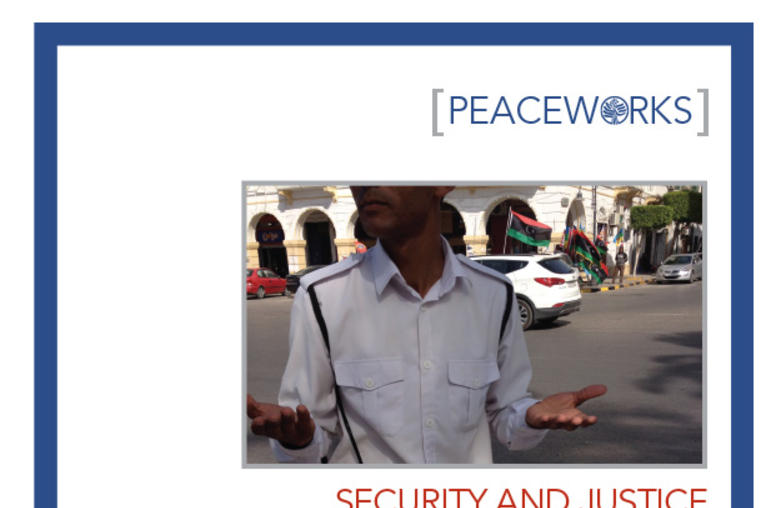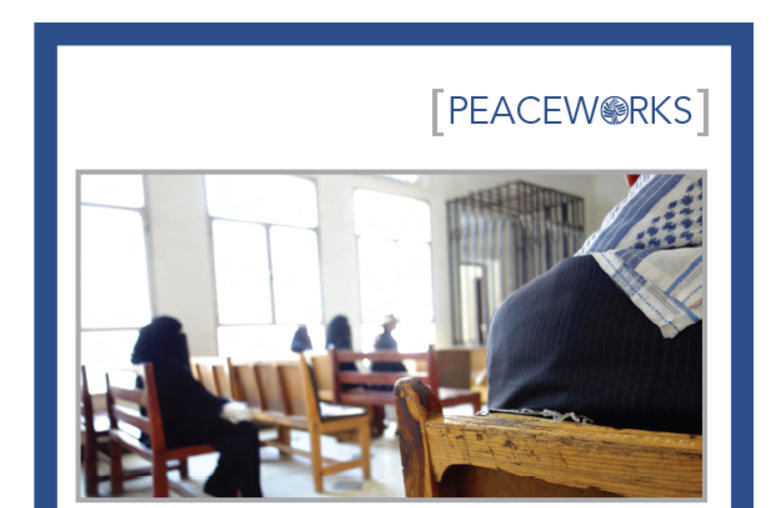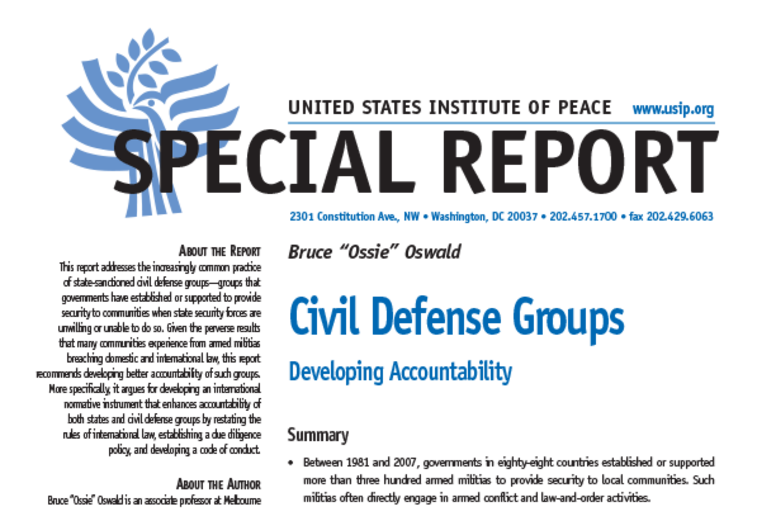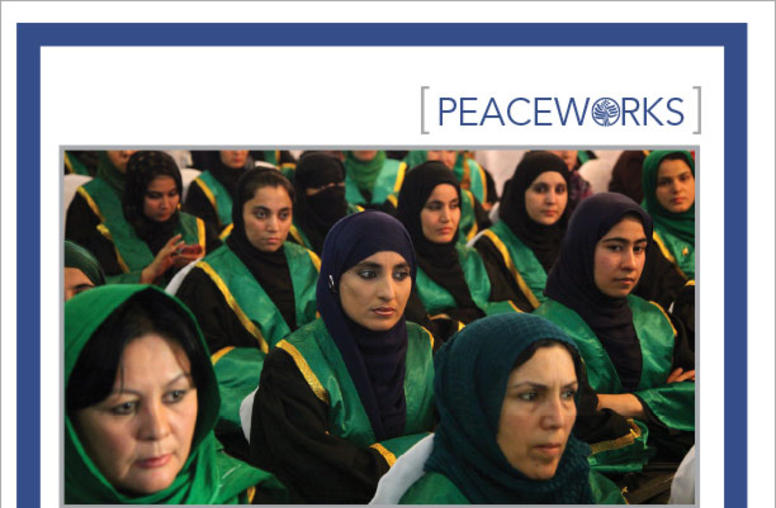SSR Working Group: The Private Sector Firms in Security Sector Reform
Provision of police and military advisors, plus logistics and support personnel is a multi-billion dollar industry. Should we worry about private sector involvement in what had been a government function? At this meeting of the SSR Working Group, a panel of experts discussed this issue from their various perspectives.
The role of commercial contractors in training Iraqi and Afghan security forces was the latest chapter in the growth of the private sector in Security Sector Reform (SSR). Outsourcing for US police advisors in UN peace operations began with the US -led intervention in Haiti in 1994. Today, provision of police and military advisors, plus logistics and support personnel is a multi-billion dollar industry. Should we worry about private sector involvement in what had been a government function? A panel of experts discussed this issue from their various perspectives.
Speakers
- Deborah D. Avant
Author of The Market for Force: The Consequences of Privatizing Security and Professor of Political Science, University of California, Irvine - Charles Synder
Acting Deputy Assistant Secretary of State for Civilian Police and African, Asian and European Programs, Bureau of International Narcotics and Law Enforcement Affairs - Harry P. (Hank) Allen
Chairman of the Executive Committee, International Peace Support Operations Association, and International Business Development for Central and South Asia, MPRI Corporation - Christine Cissa
Project Manager, Africa Peacekeeping, DynCorp International - Robert Perito, Moderator
U.S. Institute of Peace



